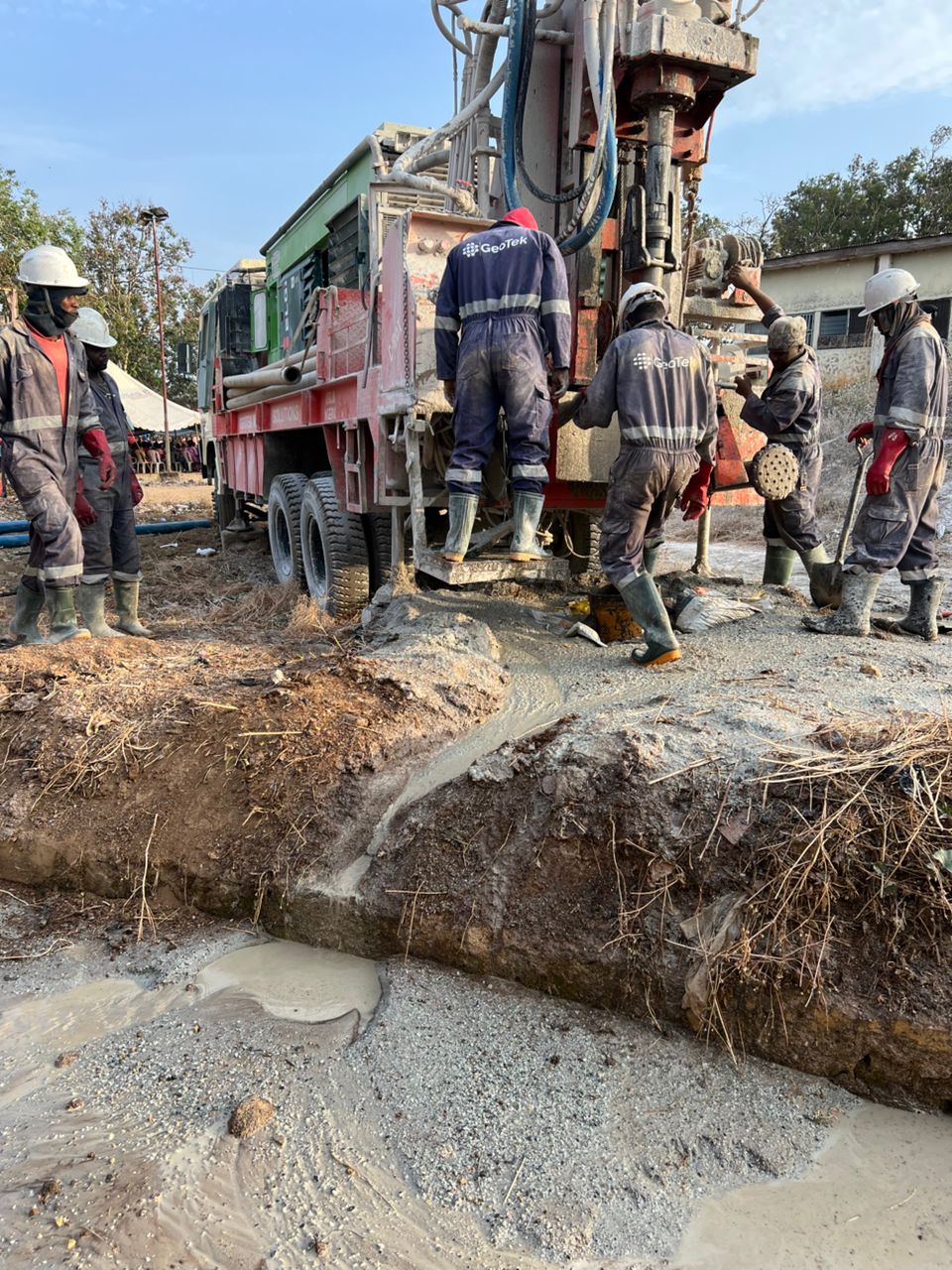Construction of Solar Powered Boreholes at University of Jos Village Campus
The University of Jos Village Campus and neighboring Rusau community, vibrant hubs of academic and communal life, are currently confronting critical water access challenges. Many boreholes are manual, non-functional, or difficult to operate, creating hardship for students, residents, and persons with disabilities. The Martins Vincent Otse Initiative is actively implementing a dual-phase project to install solar-powered boreholes for both communities, ensuring equitable, sustainable solutions.
The Water Crisis: Dual Communities in Need
At the University of Jos Village Campus, manual boreholes force students—especially those with disabilities—to endure long queues and physical strain. In Rusau, residents face similar struggles, relying on distant or contaminated sources. A student shared, 'It’s exhausting to fetch water when I should be studying.' A Rusau resident added, 'Our children walk miles daily—it’s unsustainable.'
Ongoing Solution: Solar-Powered Boreholes for Campus and Community
The Martins Vincent Otse Initiative is currently installing modern, solar-powered automatic boreholes at both sites. Phase 1 (campus) is operational, while Phase 2 (Rusau) is underway. This initiative leverages solar energy for 24/7 access, eliminating manual labor and erratic electricity dependency.
Current Impact and Future Benefits
- Improved Access: Automated supply reduces queues and physical strain, benefiting thousands of users.
- Cross-Community Collaboration: Shared maintenance training fosters unity between campus and Rusau.
- 24/7 Availability: Solar power ensures uninterrupted water, even during outages.
- Inclusive Design: Ramps and tactile guides empower users with disabilities.
- Environmental Sustainability: Renewable energy reduces carbon footprint.
Join the Movement for Sustainable Water
Is your institution or community battling water insecurity? Partner with the Martins Vincent Otse Initiative to implement scalable, solar-powered solutions. Together, we can empower marginalized groups and build climate-resilient infrastructures.
Support this ongoing effort! Visit our Contribute Page to learn how you can help sustain clean water access for the University of Jos Village Campus, Rusau, and beyond.
